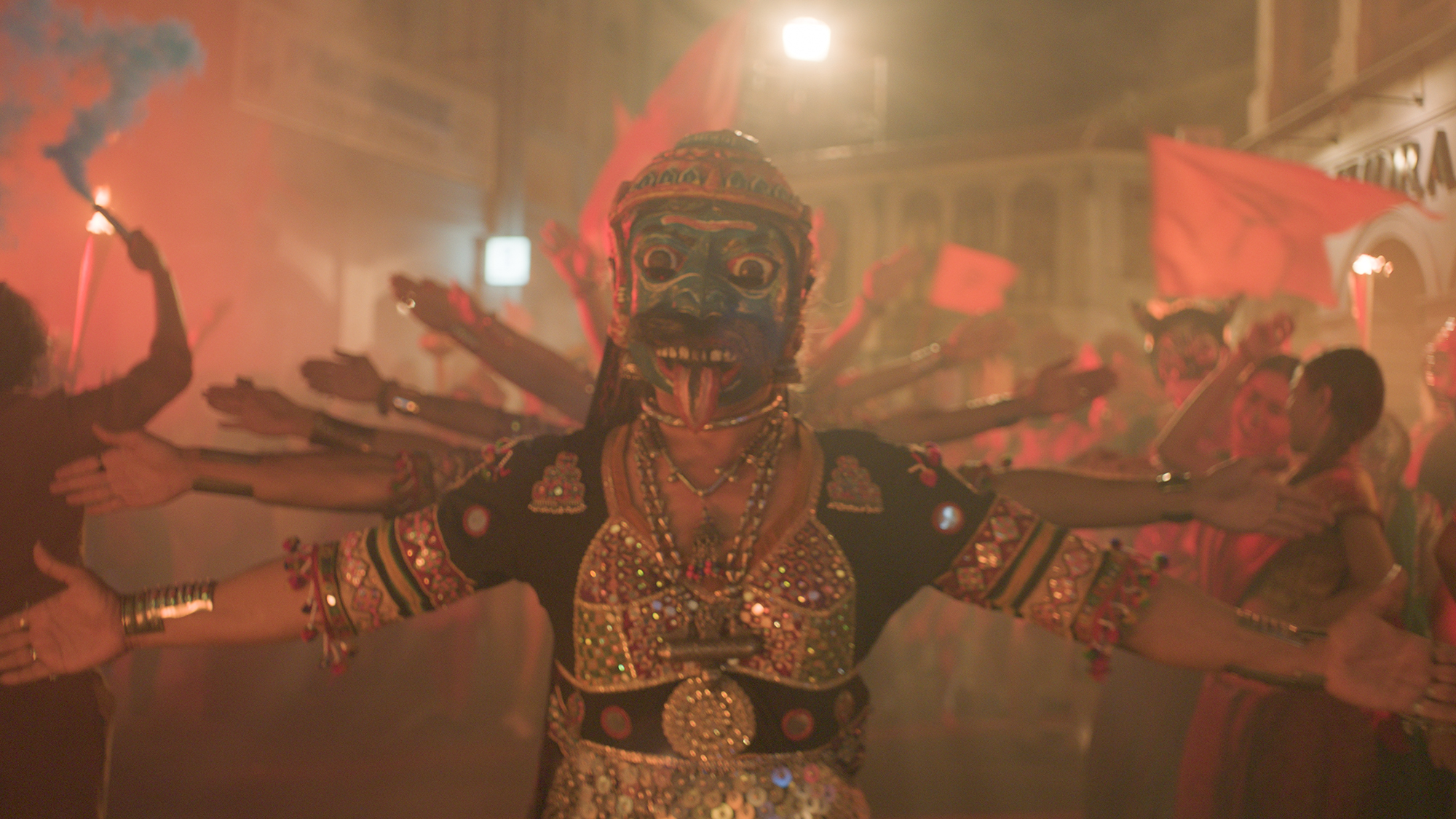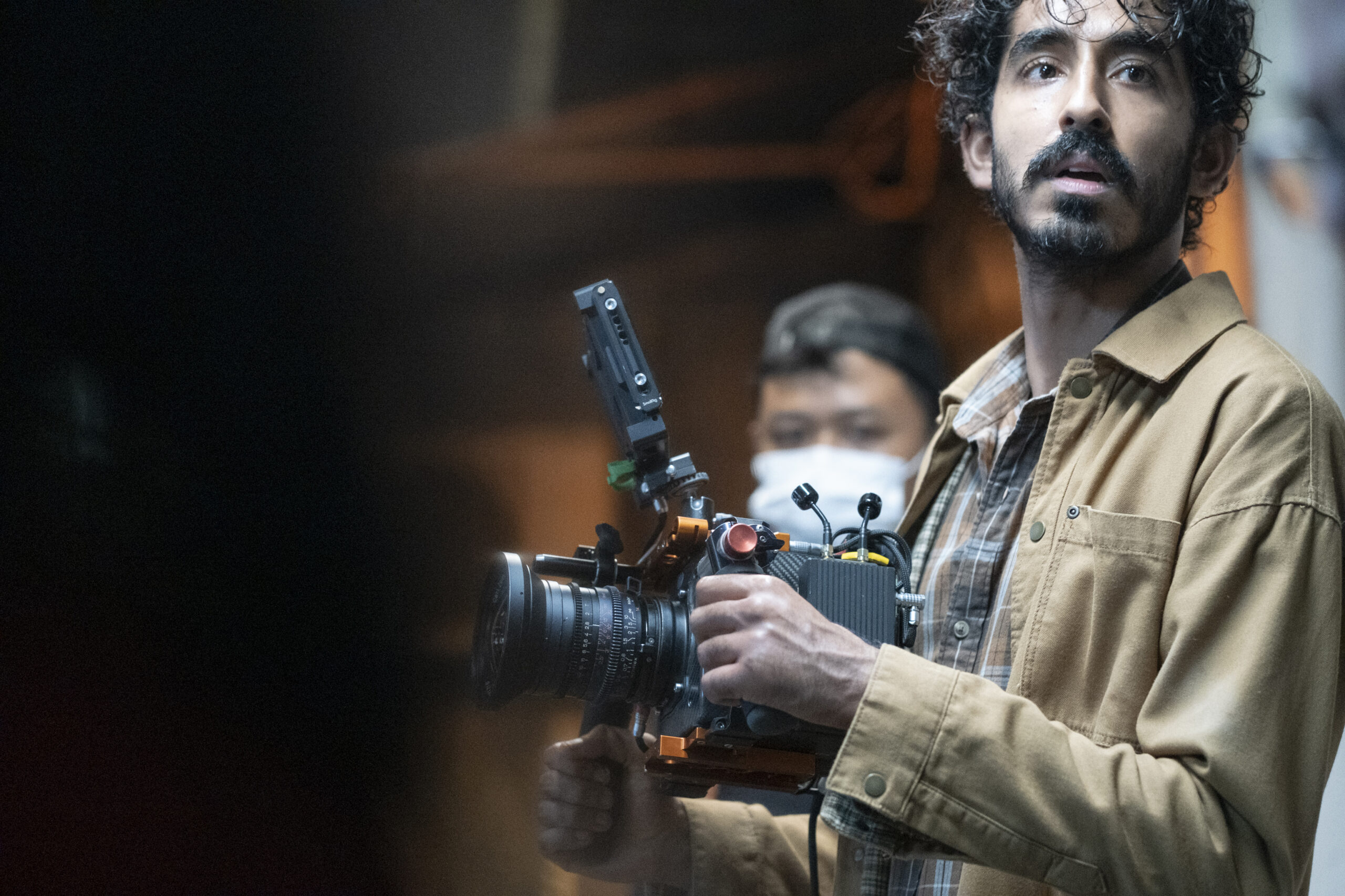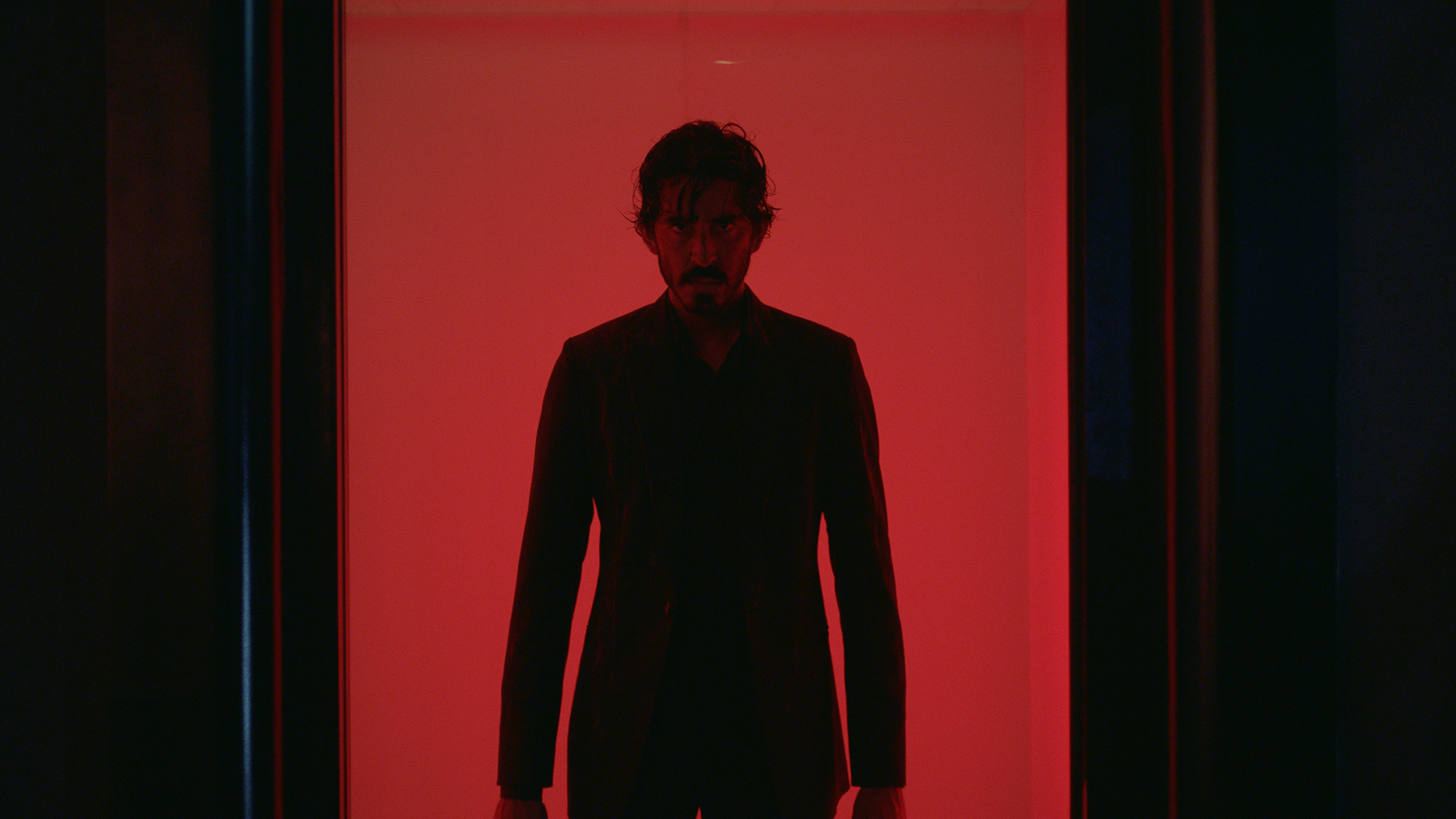If you’ve got a taste for action — or, you know, a pounding, pulsating, pumping heart for anything Dev Patel-related — chances are you have seen or are going to see Monkey Man in theatres this month.
The movie stars, and was written and directed by the British Indian actor (and marks his directorial debut). It tells the story of how a nameless underground fighter adopts the Hindu myth of Hanuman (a deity who can conquer evil spirits) and morphs into a violent, hungry protector of the people, desperate to get revenge for the man who murdered his mother when he was young.
That man, by the way, happens to be the chief of police, who has some shady ties with religious leader Baba Shakti, who himself is a guru to the corrupt government. Although the film is set in a fictional Indian city called Yatana, there’s no mistaking how much the film serves as commentary for the country’s very real and very corrupt government.
That, of course, is where things get murky. In the film — and in real life — raging national issues include poverty, homelessness, caste warfare, land disputes, Islamophobic rhetoric, and a push toward Hindu supremacy.
In the film, between scenes of Yatana citizens protesting, is real-life footage of Indian protests against the country’s current government, led by Prime Minister Narendra Modi and the Bharatiya Janata Party (BJP).
Another political message comes through the film’s use of hijras (transgender people or, as Indian society labels them, “third gender”), who function as Monkey Man’s healers and saviours. While the representation is bold and much-needed, it also borders on the magical queer trope, which portrays an LGBT character as being the most wise due to the persecution they’ve faced for their identity. That wisdom then becomes the saving grace for other characters (while the magical queer often loses their life).

All of which is to say, Patel tries to do a little too much with this one film. But in being one of very few filmmakers to critique modern Indian politics (and Modi, who is a big fan of censorship), it is nonetheless an admirable move, one that’s already made an impact.
“My initial pitch to the financiers was that I want to create a revenge film about faith and how powerful faith is, how it can be manipulated, weaponized, how it can be a beautiful teacher,” Patel told BBC. “I wanted to create a story about the underdogs challenging the untouchable status quo, and the action genre already delivers this inherent caste system of a hero working his way up to reach various bosses. I thought, ‘Wow, we could really implement that with this film in a really interesting way.’”
“I wanted to create a story about the underdogs challenging the untouchable status quo, and the action genre already delivers this inherent caste system of a hero working his way up to reach various bosses. I thought, ‘Wow, we could really implement that with this film in a really interesting way.’”
Dev Patel
Of course, a critique of Modi and the BJP could never make it to screen easily, which is why, although Monkey Man completed filming way back in 2021, it’s only now made it to theatres.
That’s because, after buying worldwide rights to the film for a whopping $30 million, Netflix later felt its “political undertones” might piss off Hindu nationalists and threaten their massive Indian market. So it began shopping the movie around, according to The Wrap. Speaking with WVNS-TV, Patel explained, “[Netflix] didn’t really know what they’d bargained for. The actual film itself is a lot denser and it’s saying a lot… it’s not your usual action scene on page one, and then you continue fighting nonstop.”

In came Jordan Peele, horror master (Get Out, Nope) and champion of filmmakers of colour. He saw Monkey Man, fell in love, and decided it needed a theatrical release. He joined the project as a producer with his company Monkeypaw Productions, and persuaded Universal Pictures to buy the movie from Netflix for just under $10 million. Saving a film in this way is no easy task.
“He took us from this thing that was brushed under the carpet to putting us on top of the mantel piece,” Patel shared with Deadline.

Peele coming in at the eleventh hour is certainly pretty heroic in itself. But he, along with Universal Pictures and the rest of the production team did acquiesce to at least one key change to appease the Indian market.
If you look back at the original Monkey Man trailer, released in January, you’ll notice the shots of posters supporting the corrupt Yatana government are in the colour saffron — the same used by the BJP. But the actual film — and a more recent trailer — show that colour has been altered to red. Universal Pictures hasn’t commented on the change or any others that were surely made.
After all, according to a 2023 Washington Post report, both Netflix and Amazon Prime have previously dumped multiple projects in order to keep the Indian government happy, namely avoiding religious references that could set off the BJP.
“I guess the film’s a sort of Trojan horse,” Patel told BBC. “Having spent most of my career travelling in and out of India shooting films, it is hard to ignore some of the stories that fill the columns of the newspapers there. I wanted to touch on some of that and maybe reach an audience that would never normally access such topics. But at the same time, it’s not just an Indian issue. Violence against women, police brutality, identity, those things are truly global things.”

Needless to say, it really is something that Monkey Man made it to theatres with as much political commentary as it has — at least, for most of us. The movie has not yet been released in India, and is rumoured to be “on delay.” It has yet to go through a censorship certification process (as all movies do in there), which could take a while and likely will see certain scenes axed if it makes it to screens at all.
This month also marks the start of India’s general election, with Modi hoping to lock in a third term. So if Monkey Man does manage to premiere there, it could lead to some much-needed and heated discussion.
“Having spent most of my career travelling in and out of India shooting films, it is hard to ignore some of the stories that fill the columns of the newspapers there. I wanted to touch on some of that and maybe reach an audience that would never normally access such topics. But at the same time, it’s not just an Indian issue. Violence against women, police brutality, identity, those things are truly global things.”
Dev Patel
Despite all this turmoil (along with the film facing financial strains, many broken Patel bones, and a COVID-lockdown shoot), Monkey Man is a solid win for the actor-turned-filmmaker, and proof that global audiences will show up for a South Asian action lead.
Monkey Man was the second highest grossing film at domestic box offices in its first weekend, earning over $10 million, and is still sitting pretty at the No. 2 spot.
Which means a few things: we may very well see a Monkey Man sequel and a brand new franchise featuring a brown superhero, and though it may not be subtle, the movie is a necessary wake-up call, and a sign of a soon-to-be great filmmaker willing to take risks.
Like this post? Follow The RepresentASIAN Project on Instagram, TikTok and YouTube to keep updated on the latest content.








